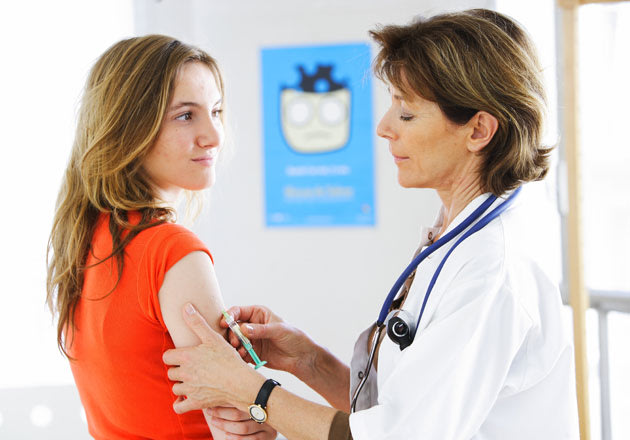A new study has demonstrated that teenagers who get less than six hours of sleep a night might be at risk of being obese as compared to their peers who sleep more than eight hours.
Researchers at the Mailman School of Public Health at Columbia University and the University of North Carolina Gillings School of Public Health showed that teenagers had a high risk of being obese by age 21 and its was 20 percent higher among 16-year-olds who slept less than six hours.
Shakira F. Suglia, ScD, assistant professor of Epidemiology at the Mailman School, said that lack of sleep in teenage years could stack the deck against one for obesity later in life and if one becomes an obese adult, it was much harder to lose weight and keep it off and the longer one was obese, there was a greater risk for health problems like heart disease, diabetes, and cancer.
Suglia added that the message for parents was to make sure their teenagers got more than eight hours a night and a good night sleep did more than help them stay alert in school and it helped them grew into healthy adults.
The study is published in Journal of Pediatrics
Source: ANI news



